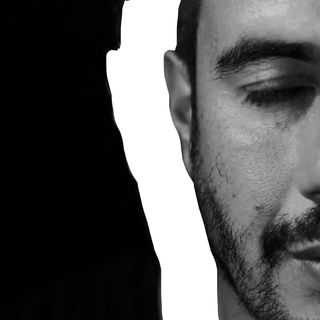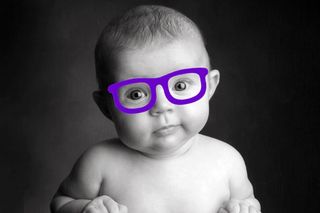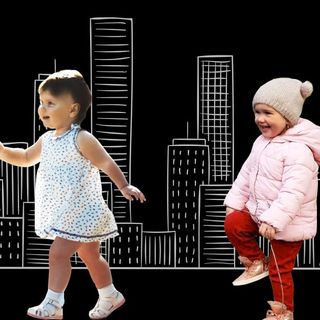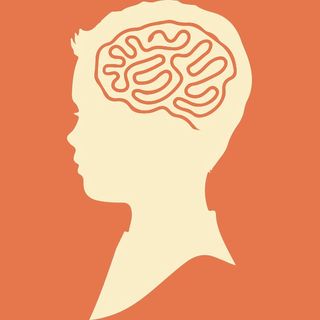
Babies Are Almost As Good As Adults at Logical Reasoning
Babies — more than just cuddly little ids.

When babies are crying for no apparent cause, it can be easy to write them off as irrational beings whose cuteness (mostly) makes up for their total lack of apparent brain power. It’s what we’ve done for much of human history; some well-regarded theories on human development hold that logic is rooted in language. But for much of human history we also believed the Earth was flat. We were wrong about that, and we’ve been wrong about babies — who demonstrate clear logical reasoning as early as 12 months, before they’ve even begun to talk.
More specifically, 1 year old kids have the ability to learn through process of elimination. This requires two mental steps: the ability to recognize either A or B is possible, and the ability to reason, after testing, if not A, then B. A team led by Nicoló Cesana-Arlotti, a cognitive scientist with the Baby Lab at Central European University, tested this recently through a series of experiments that ended in a surprise outcome — in other words, when ‘B’ was expected, babies would be presented with ‘A’ again.
The team tracked the eye movements of babies at 12 months and 19 months as they watched a series of animations created to adhere to or disrupt process of elimination. For example, two different objects — a dinosaur (A) and a flower (B) — are shown together, then hidden by a barrier. An animated cup then scoops up the dinosaur. When the barrier is removed, one version of the animation reveals the leftover flower (B), as expected. Another version unexectedly reveals the dinosaur (A) instead. This chain of events was repeated with animations depicting objects that differ in shape, color, and texture, and both age groups looked at the inconsistent outcome longer. Scientists say this indicates confusion and an attempt to gather more information to make sense of the situation. Researchers also noted babies’ eyes dilated when watching animation that required them to exercise these deductive skills — a response that occurs in adults, too.
This ability may have gone unnoticed for so long because putting this kind of logic into words is quite a challenge, and occurs much later in language development.
“Mapping the spontaneous logical structures of thought onto their verbal counterparts is an extremely intricate process,” the authors explain. “A deceivingly simple word such as ‘or’ has a very complex semantics.”
The researchers stop short of concluding logical reasoning is an innate ability in humans, though. Instead, they compare it to our inborn sense for quantifying things — just because our minds appear to be structured to run along certain tracks, like numbers, doesn’t mean we’ll excel at the fully developed skill of mathematics. But the study gives researchers new insight into how babies see and learn about the world. And it may give parents more patience when babies get angsty — sometimes calming them may just be a matter of discovering if A is where B should be.
Liesl Goecker is The Swaddle's managing editor.
Related


Walkable Neighborhoods Have Less Childhood Obesity
